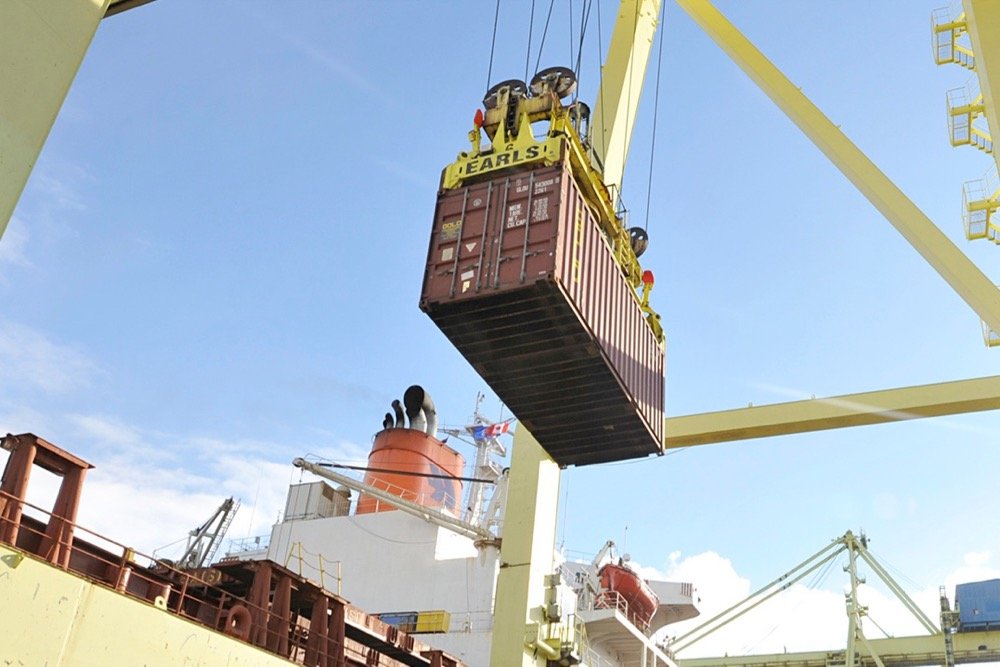A strike by longshore workers at the Port of Montreal faces federal back-to-work legislation billed Tuesday as the government’s “least desired course of action.”
Labour Minister Filomena Tassi on Tuesday announced the introduction of Bill C-29, which “would end the work stoppage at the Port of Montreal and ensure the safe resumption and continuation of operations at the port.”
Dockworkers represented by the Syndicat des debardeurs du port de Montreal (CUPE Local 375), whose last contract expired in 2018, began a full-time strike Monday morning.
CUPE 375 and the Maritime Employers Association (MEA), which represents port facility operators, “remain far apart,” Tassi said in a statement, and when “all other efforts have been exhausted, and a work stoppage is causing significant economic harm to Canadians — the government must act.”
Read Also

Canola industry pumped about 45Z clean fuel ruling in U.S.
Canada’s canola sector is pleased with the new 45Z guidance published by U.S. Treasury.
C-29 would also set up a “neutral mediation-arbitration process to resolve the issues in dispute between the parties and conclude a new collective agreement,” she said, emphasizing the government “is not taking sides.”
Tassi also said the bill does not prevent the union and MEA from “concluding an agreement on their own terms at any point in this process.”
Given the Liberals’ minority government status, C-29 would need the support of at least one other party for passage through the House of Commons. Conservative leader Erin O’Toole said Monday on news channel LCN that his party would support the bill.
The federal New Democrats on Tuesday ripped the bill as “tipping the scales in favour of the employers” against unionized workers’ Charter right to strike. Meanwhile, Bloc Quebecois leader Yves-Francois Blanchet said Monday on Twitter that special legislation is “not the solution.”
Monday’s strike follows a 19-day work stoppage last August, a mediated truce that ended last month and, from April 13 onward, a “partial” strike in which dockworkers refused overtime and held strikes on weekends.
CUPE 375 has described the main sticking point in talks as worker scheduling as it relates to “work/life balance.”
A strike isn’t expected to affect bulk grain traffic at Montreal, as the federal Labour Code calls for port workers during a strike or lockout to “continue to provide the services they normally provide” for loading, tie-up, let-go and movement of grain vessels in and out of port.
However, a strike is expected to affect export traffic through Montreal’s container terminals, including those handling containerized crops and other agrifoods. Several Canadian farm and ag sector groups have previously called for intervention to ward off a strike.
Fertilizer Canada also said last week that a strike at Montreal would affect deliveries of imported fertilizer going into planting season in Eastern and Atlantic Canada. — Glacier FarmMedia Network













